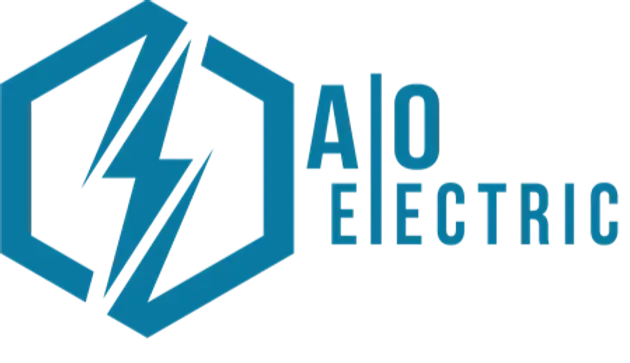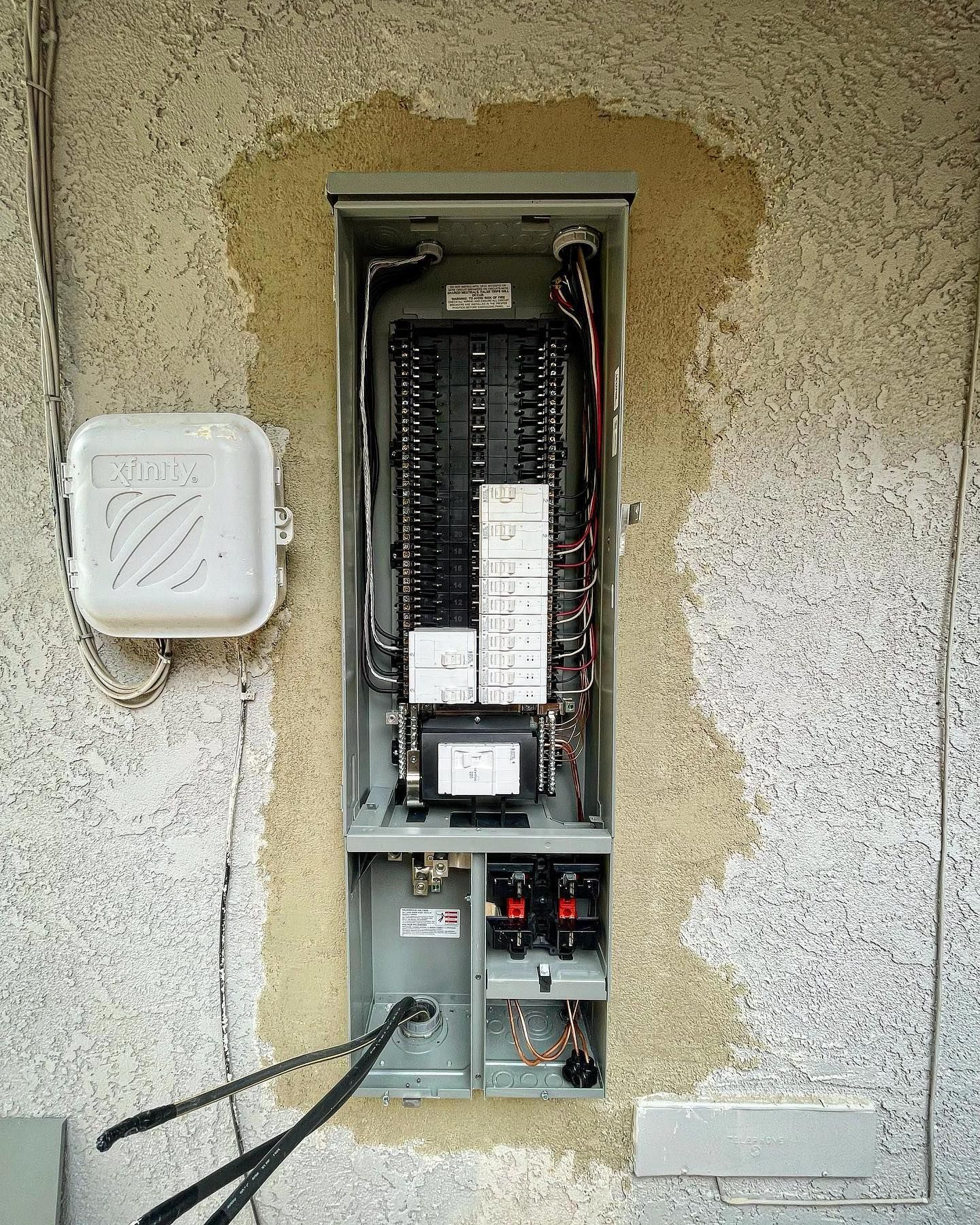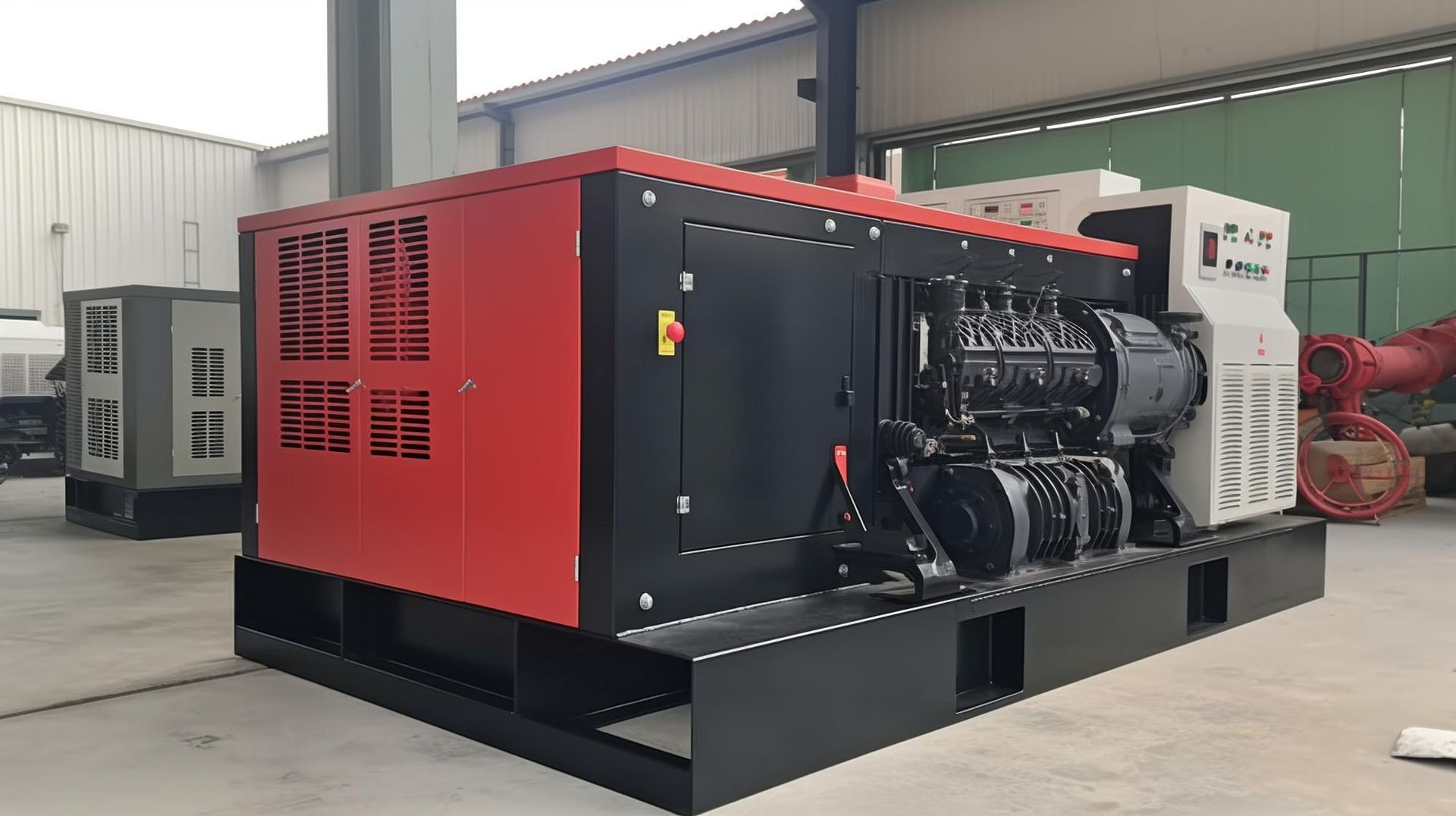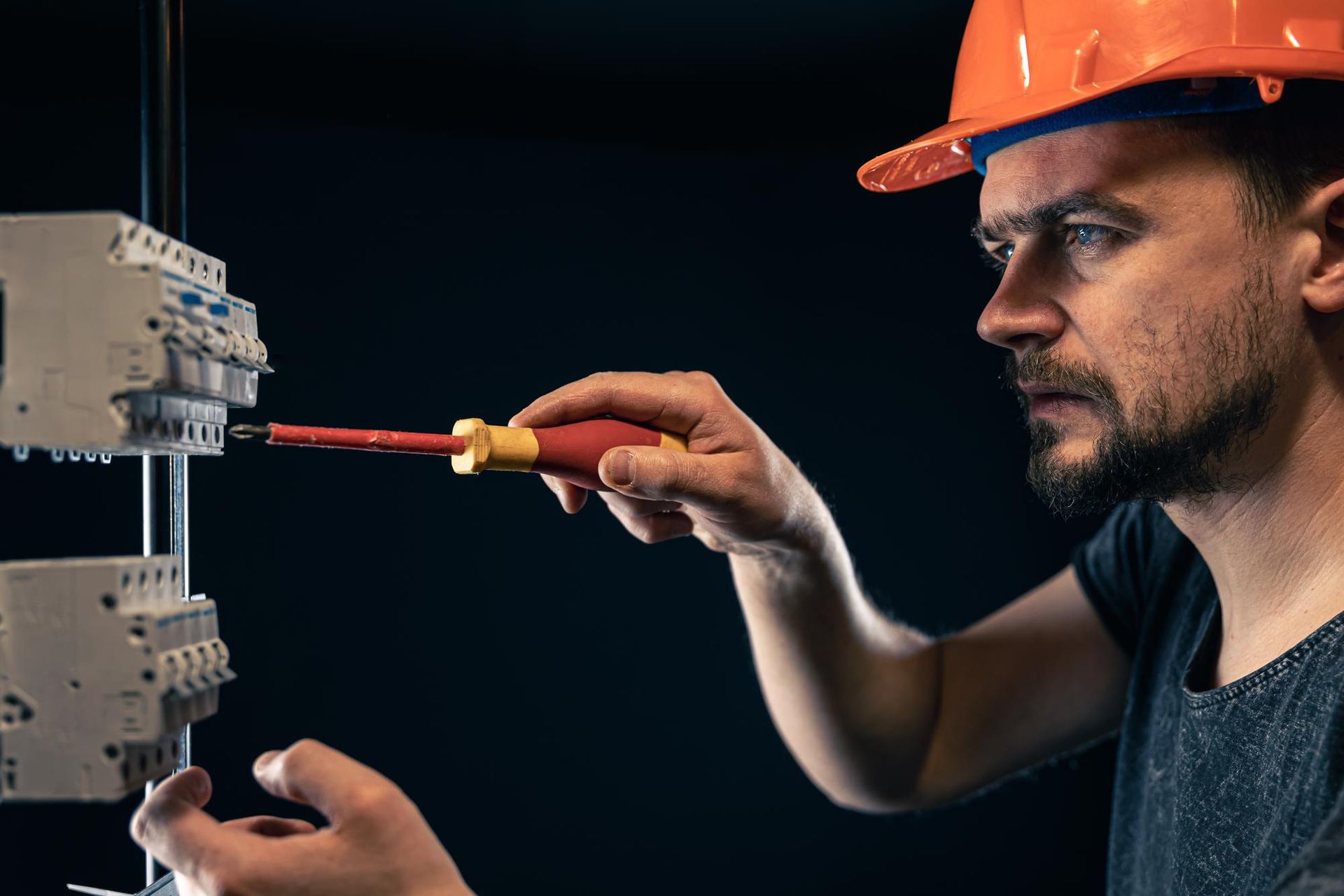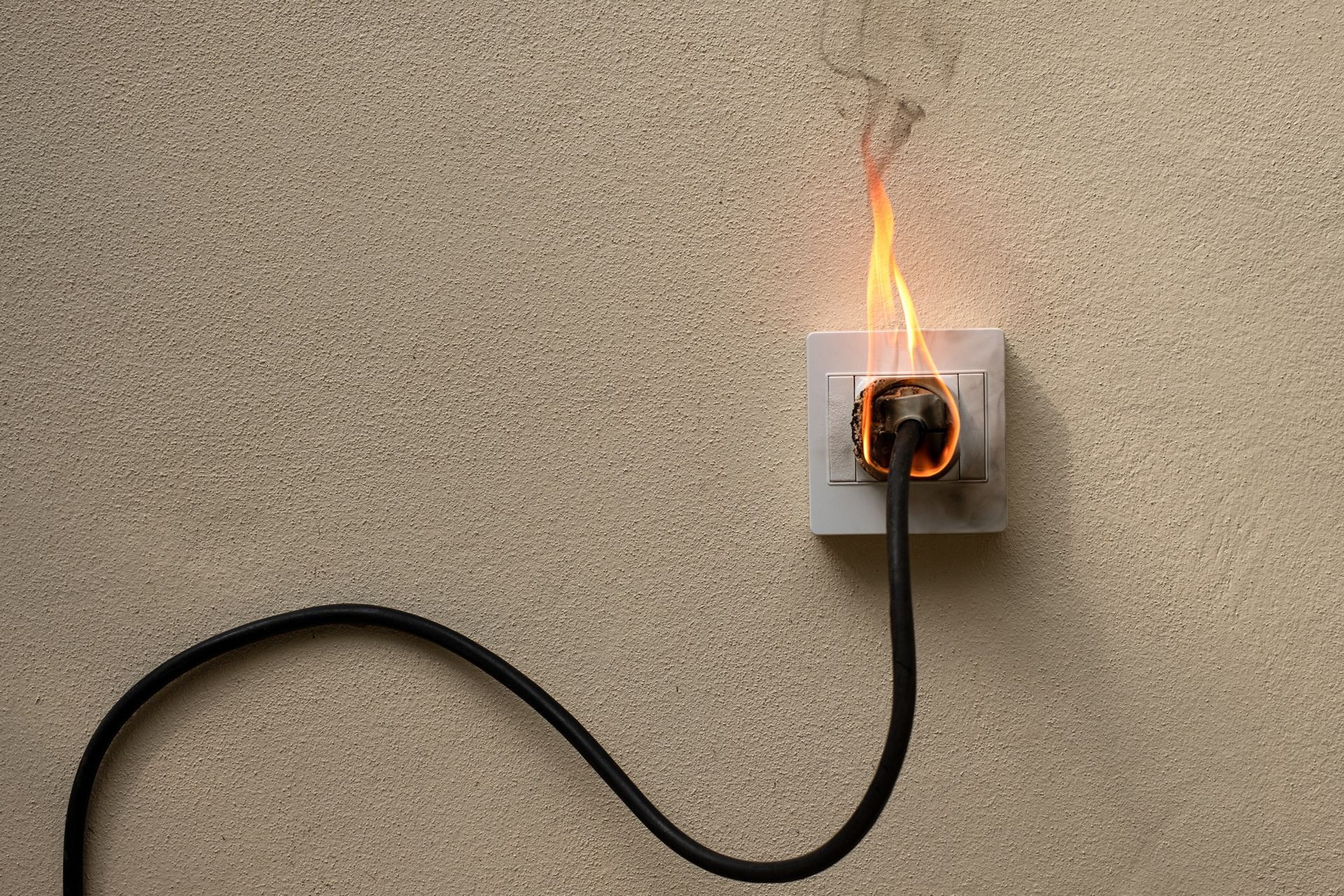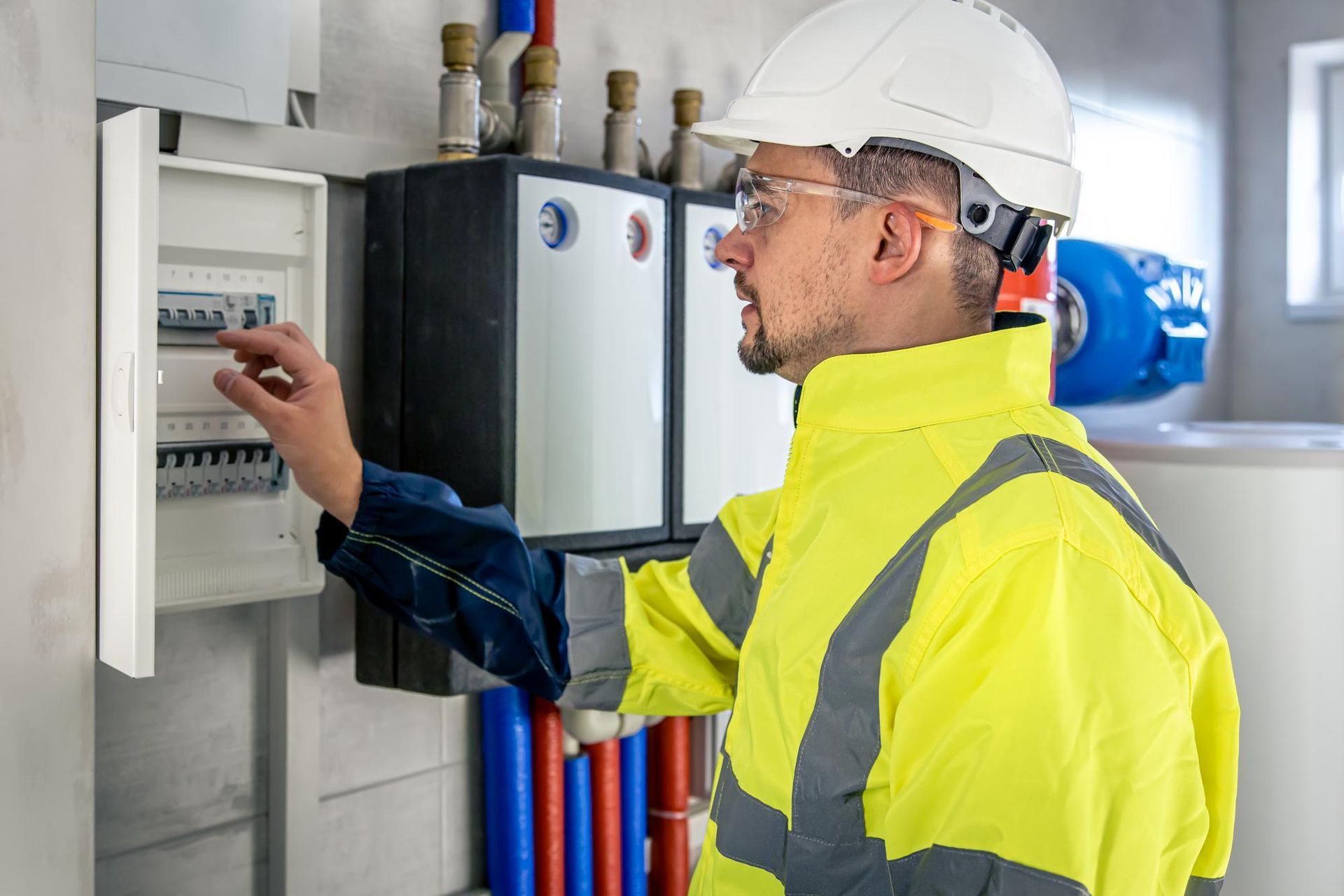Sacramento, CA
A Bright Future: Installing Solar Panels for a Greener Tomorrow
In today's rapidly changing world, where environmental concerns are taking center stage, there's a shining beacon of hope on the horizon: the opportunity to install solar panels. Welcome to "A Bright Future: Installing Solar Panels for a Greener Tomorrow." In this comprehensive guide, we'll explore the many facets of solar panel installation, from its benefits and types to the installation process, financing options, maintenance, and its positive impact on the environment. So, if you're curious about harnessing the power of the sun to make your home more sustainable and save on energy costs, read on!
The Benefits of Solar Panel Installation
One of the most compelling reasons to install solar panels is their significant environmental and financial benefits. By opting for solar power, you're actively contributing to a greener future. Solar panels help reduce your carbon footprint by decreasing greenhouse gas emissions, and they also offer substantial energy cost savings. Imagine lower electricity bills and the potential for long-term financial benefits. Plus, solar panels provide a degree of energy independence, reducing your reliance on fossil fuels and offering a reliable energy source.
Types of Solar Panels
Before diving into installation, it's important to understand the different types of solar panels available. There are three primary types to consider: monocrystalline, polycrystalline, and thin-film.
Monocrystalline Solar Panels:
Monocrystalline solar panels are celebrated for their outstanding efficiency and robust durability. Crafted from single-crystal silicon, they exhibit a sleek, black appearance that many homeowners find aesthetically pleasing. With efficiency levels typically ranging from 15% to 22%, they outperform other types, making them ideal for situations with limited space. Monocrystalline panels have a long lifespan, often exceeding 25 years, and come with strong warranties. They're resistant to harsh weather conditions, including rain, hail, and snow. Their space efficiency makes them a suitable choice for residential installations with restricted roof space.
Polycrystalline Solar Panels:
Polycrystalline solar panels are known for their cost-effectiveness and distinctive bluish hue. They are constructed from multiple silicon crystals, which are less pure than the single crystals used in monocrystalline panels. These panels typically have slightly lower efficiency, ranging from 13% to 16%, although advancements in technology have improved their performance. Their affordability makes them an attractive option for those seeking a budget-friendly solar solution. While they may require more space to produce the same amount of power as monocrystalline panels, their cost-effectiveness often outweighs this limitation for many homeowners.
Thin-Film Solar Panels:
Thin-film solar panels represent a departure from crystalline panels. Instead of using rigid silicon wafers, thin-film panels are fabricated from various materials, including amorphous silicon, cadmium telluride, and copper indium gallium selenide. Their notable characteristics include flexibility and lightweight design, allowing them to be used in unconventional applications. Thin-film panels typically have lower efficiency, ranging from 10% to 12%, but excel in low-light conditions and perform better at higher temperatures. Their flexibility allows for integration into building materials, curved surfaces, and portable solar systems, making them versatile in diverse scenarios.
Selecting the right type of solar panel depends on factors such as budget, available space, energy efficiency goals, and aesthetic preferences. Consulting with a solar professional who can assess your specific situation and recommend the most suitable panel type is advisable. Understanding the distinctions among monocrystalline, polycrystalline, and thin-film solar panels empowers you to make an informed decision when it comes to installing solar panels. Each type has its advantages, so it's crucial to align your choice with your unique needs and circumstances. Whether you prioritize efficiency, affordability, or versatility, there's a solar panel type that can meet your requirements and help you embrace a greener future.
The Solar Panel Installation Process
Understanding the solar panel installation process is crucial for a successful project. It typically involves several key steps:
- Site Assessment: The first step is evaluating your property's sunlight exposure. Install solar panels where they receive the most sunlight throughout the day to maximize energy production.
- System Design: After assessing your site, a solar professional will design a system tailored to your energy needs. This includes determining the number and placement of panels.
- Installation Steps: Mounting the panels on a sturdy structure is the next phase. Properly installed panels should withstand the elements and last for many years. Additionally, electrical wiring is carefully done to connect the panels to your home's electrical system. Finally, the system is connected to the grid, allowing you to feed excess energy back and earn credits.
Financing Options
While the environmental benefits of installing solar panels are clear, the financial aspect is equally important. Fortunately, various financing options are available to make solar panel installation more accessible.
- Government Incentives and Rebates: Many governments offer incentives and rebates to encourage solar adoption. These can significantly reduce the upfront cost of installation and make going solar more affordable.
- Solar Financing Programs: Solar financing programs, such as solar loans and leases, provide alternative methods to pay for your solar panels. Leasing allows you to use solar panels without upfront costs, while loans offer a way to finance your purchase over time.
- Leasing vs. Buying Solar Panels: Choosing between leasing and buying depends on your financial situation and long-term goals. Leasing may be attractive if you want immediate savings without a large upfront investment, while buying provides ownership and potential long-term financial benefits.
Maintenance and Care
Solar panel maintenance is relatively simple but essential for ensuring optimal performance over the years. Regular cleaning, monitoring system performance, and troubleshooting common issues are key aspects of proper care.
- Regular Cleaning: Keep your solar panels clean to ensure they capture as much sunlight as possible. Regularly remove dirt, dust, and debris, especially if you live in an area with occasional rainfall.
- Monitoring System Performance: Keep an eye on your system's performance through monitoring tools provided by your installer. These tools allow you to track energy production and identify any potential issues.
- Troubleshooting Common Issues: Common issues like shading, loose connections, or debris buildup can affect panel efficiency. Understanding these issues and addressing them promptly will help maintain your system's performance.
Environmental Impact
Beyond the personal benefits of energy savings, solar panels have a positive impact on the environment. By opting for solar power, you're actively contributing to a greener world. Solar energy is clean and renewable, reducing reliance on fossil fuels and lowering greenhouse gas emissions. Furthermore, solar panels have a positive effect on local ecosystems as they produce no noise or pollution.
Solar Panel Trends and Innovations
The solar industry is continually evolving, with new trends and innovations emerging. Staying informed about these developments can help you make informed decisions about your solar panel installation.
- Advances in Solar Technology: Ongoing research and development in solar technology lead to increased efficiency and durability, making solar panels even more attractive.
- Solar Battery Storage Solutions: Solar battery storage allows you to store excess energy generated during the day for use at night. This technology enhances energy independence and reliability.
- Solar Panels in Urban Environments: Solar panels are finding their place in urban landscapes, from rooftop installations to solar-powered street lights. The integration of solar power into city planning is on the rise.
Case Studies
Real-life examples of successful solar panel installations provide valuable insights. Here are a few case studies to illustrate the benefits and outcomes of going solar:
- The Smith Family Residence: The Smiths reduced their monthly energy bills by 30% and significantly reduced their carbon footprint after installing solar panels on their home.
- Local Business Goes Solar: A local business embraced solar power, not only reducing operational costs but also enhancing its green image, attracting eco-conscious customers.
- Community Solar Initiative: A community came together to install solar panels on a community center, generating energy savings that fund community programs.
Conclusion
Installing solar panels is a step toward a brighter and greener future. By harnessing the power of the sun, you can reduce your carbon footprint, lower energy costs, and contribute to a sustainable environment. The benefits are clear, from financial savings to environmental impact. Whether you're considering solar for your home, business, or community, the time to act is now.
Don't wait—join the solar revolution and be part of the solution for a cleaner and more sustainable tomorrow. If you're in Sacramento, CA, and looking for the best service provider to help you with your solar panel installation, look no further than AO Electric Inc. Contact them at
(916) 531-6398. We proudly recommend
AO Electric Inc.
as a top-notch service provider in the Sacramento area to help you make your solar dreams a reality.

